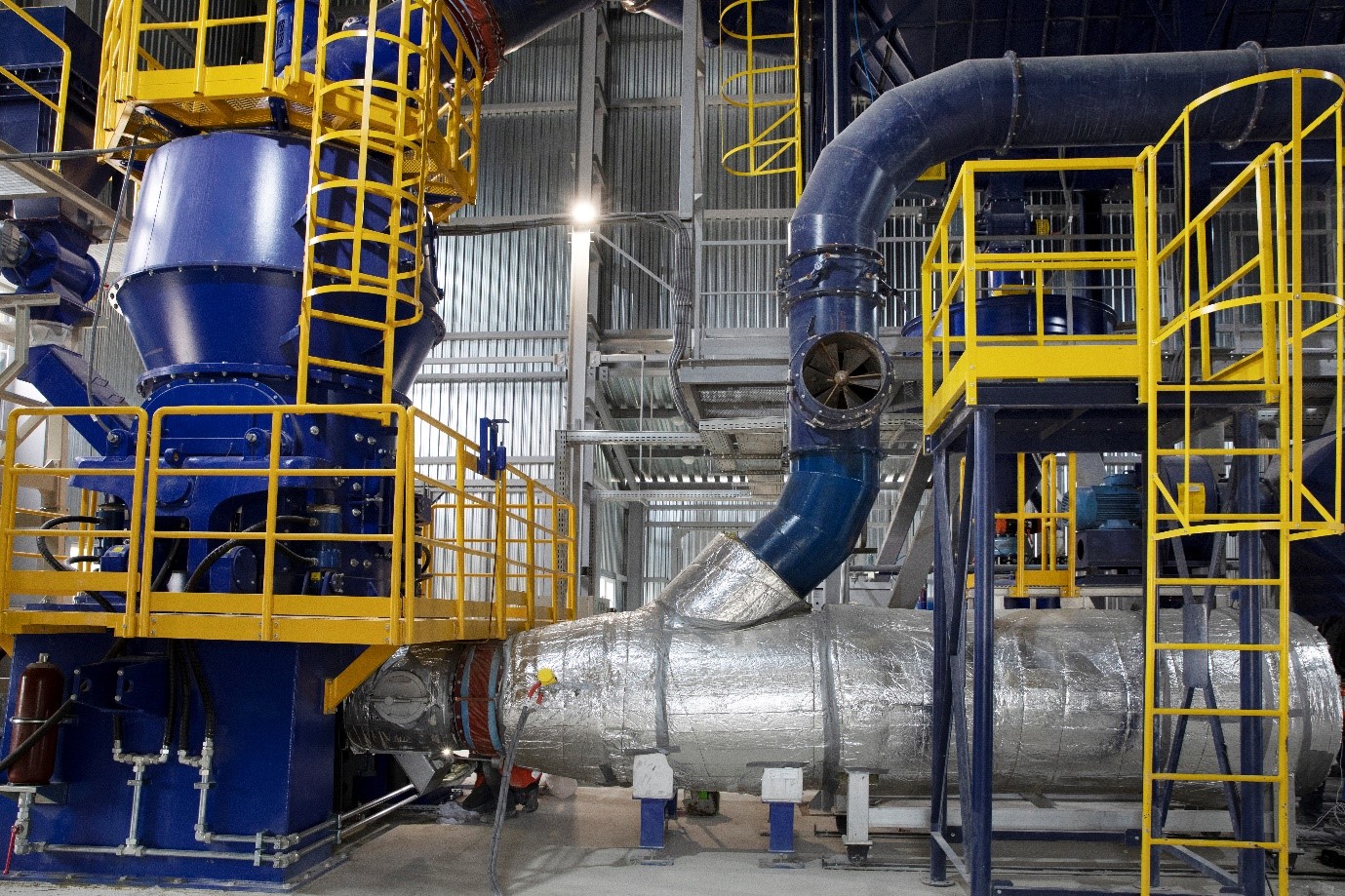
Have you ever considered the engineering genius behind a simple principle of separating oil from water on a large, commercial scale? How does the large-scale industry manage to treat heavy-duty slurries efficiently and effectively? Or have you ever stopped to ponder over our societal responsibility toward reducing maritime pollution? If these questions have stirred your curiosity, you are about to embark on a journey exploring the diverse applications of commercial oil water separators. This multi-functional, sustainable tool plays an unsuspected yet substantial role in making our industries cleaner and more responsible.
Commercial oil water separators, often overlooked, are the unsung heroes playing a vital part in major industrial operations worldwide. Their pivotal role in protecting our environment from potential hazards caused by oil contamination is unmatched. From preserving marine life by reducing oil discharge at sea to aiding the smooth operation of industrial machinery, separators play vital roles in our everyday lives. This blog post will unfold the concept, uses, benefits, and inevitable issues related to commercial oil-water separators.
Whether you’re a mechanical engineer, an environmentally conscious businessman, or merely an avid fan of how things work, let’s plunge into the fascinating science that enables us to separate two naturally immiscible liquids on a grand scale.
What are the Commercial Oil Water Separators?
Believe it or not, the commercial oil water separator’s roots can be traced back to simple yet incredible physics. Built on the principle that oil and water do not mix, they provide an ingenious solution to separate the two primarily in industrial settings. They serve to cut down the oil content in water or wastewater before discarding it, reducing possible environmental harm.
Given their significance in several industries, commercial separators fall into many categories. They range from the traditional gravity-based separators, and coalescers, to more sophisticated technologies like centrifugal and membrane filtration systems. Each type is designed with a unique set of applications in mind, from dealing with machine cooling water to massive ship bilge waste.
The complex design of each separation mechanism allows for a wide range of applications. Whether the requirement is to handle a large volume of water with lower oil content or small volumes with a high concentration of oil, they have got it all covered.
Why are Commercial Oil Water Separators Crucial for Industrial Operations?
A separator’s role is paramount in industries like manufacturing, food and beverage, chemical processing, and more. They protect machinery from potential damage from accumulated oil-based lubricants. They minimize slowdowns, maintain efficiency, and prolong the operational life of expensive machinery.
In sectors such as mining and petroleum, the separators ensure a sustainable operation by preserving the surrounding environment. They remove oil or hydrocarbons from the wastewater before it is discarded, reducing potential aquatic damage caused by these pollutants.

Besides manufacturing and processing industries, separators play a critical role in the maritime sector. They keep our oceans safer by minimizing the release of harmful oil-based waste into the seawater.
Navigating the Benefits and Downsides of Commercial Oil Water Separators
The benefits extend beyond simply separating oil and water. They contribute enormously to environmental preservation efforts, reducing water pollution caused by various industries. They are instrumental in enhancing the operational efficiency of industrial machinery and minimizing production costs by reducing equipment damage and maintenance needs.
However, like everything else in life, separators come with their share of drawbacks. A high initial investment, potential discrepancies in oil concentration, and maintenance requirements are key points of concern.
While comparisons and contrasts continue to dominate discussions about commercial separators, their key role in preserving the health of our industries and ecosystems cannot be suppressed.
Conclusion: Reflecting on the Indispensable Role of Commercial Oil Water Separators
The significance of commercial oil water separators extends far beyond what meets the eye. They might not be the most visible or glamorous components of industrial operations, but their contributions to protecting the environment from potential harm are commendable.
The journey through their varied applications, benefits, and trade-offs paints a clear picture: separators play a critical role in greening our industries. Despite the drawbacks, the indispensable benefits of commercial separators make them absolutely worth the investment.
In closing, let’s salute this unsung hero in engineering. The era of sustainable industrial operations is upon us, and commercial oil water separators are right at the heart of this transition. Reflecting on their diverse applications, it’s clear that they will continue to play an integral role in the fight to lessen industrial pollution. After all, every step we take to protect Mother Earth counts.





